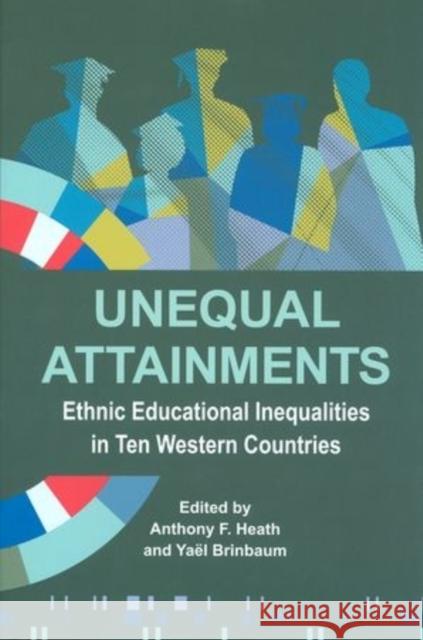Unequal Attainments: Ethnic Educational Inequalities in Ten Western Countries » książka
Unequal Attainments: Ethnic Educational Inequalities in Ten Western Countries
ISBN-13: 9780197265741 / Angielski / Twarda / 2014 / 245 str.
The book provides a comprehensive and authoritative study of the patterns of ethnic educational inequality among the 'second generation' (that is of the children of migrants born in the country of destination) in secondary schools and higher education in ten western countries - Belgium, Britain, Canada, Finland, France, Germany, Netherlands, Sweden, Switzerland and the USA. These are countries which have become increasingly diverse in recent years and which provide a range of educational systems, immigration rules, and integration policies. The experience of the second generation, who have been born and educated in the countries of destination, is widely seen as being a crucial test of whether western liberal democracies live up to their professed ideals of fairness and meritocracy. Education is likely to be crucial for the future integration of ethnic minorities, with important implications for social cohesion.
The book investigates the educational careers of the second-generation groups using large-scale national datasets and harmonised analyses of outcomes in order to identify patterns of success and failure in education and the mechanisms underlying such inequalities. It examines whether such differences can be attributed to immigration policies of the receiving countries, the structure of the education system, the poverty of the sending countries, their cultural differences from the destination country, the degree of 'positive selection' of the migrants, or to more specific characteristics of particular ethnic minorities. It provides a rigorous description and quantification of ethnic inequalities in education and makes important progress in explaining existing inequalities.











